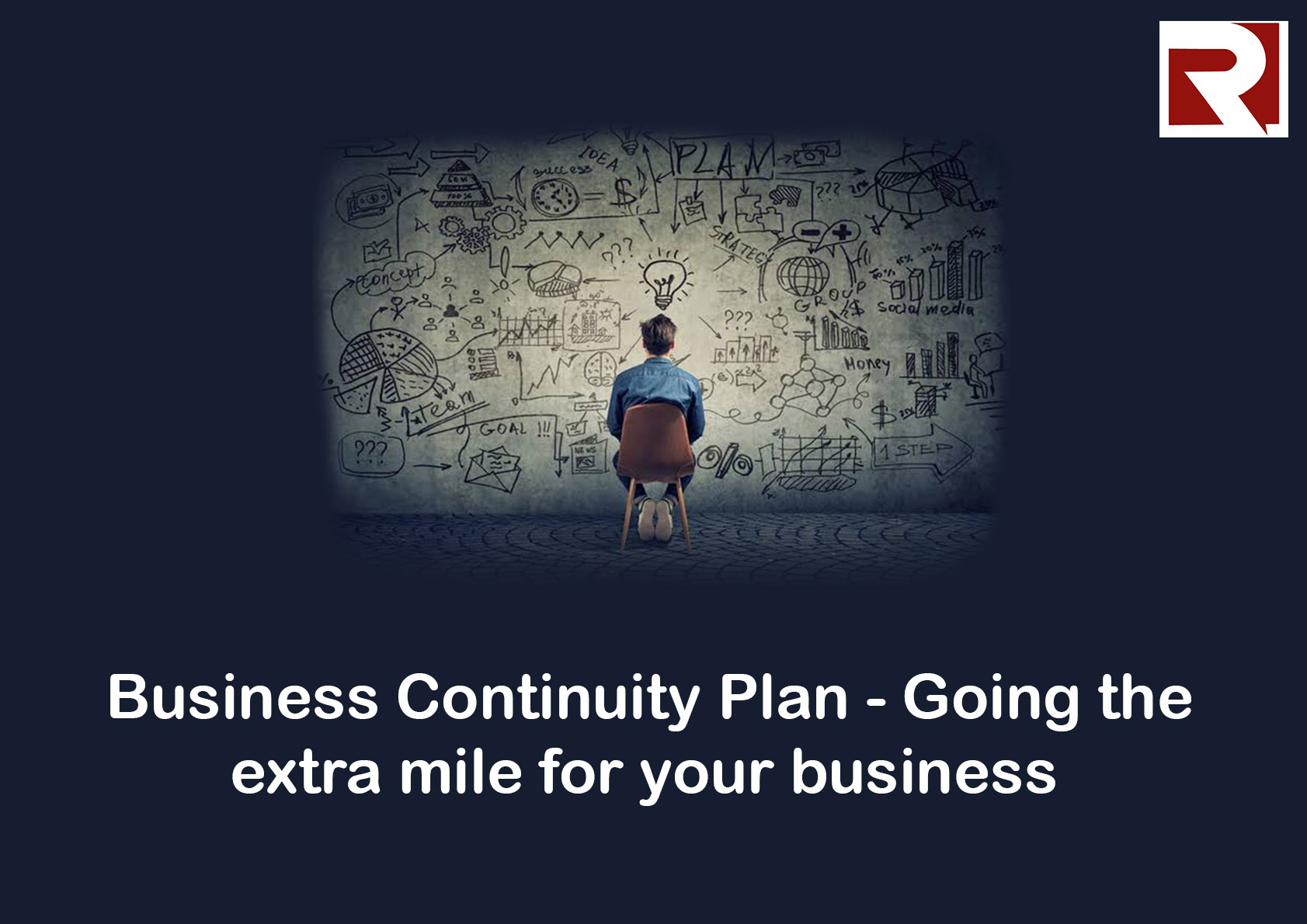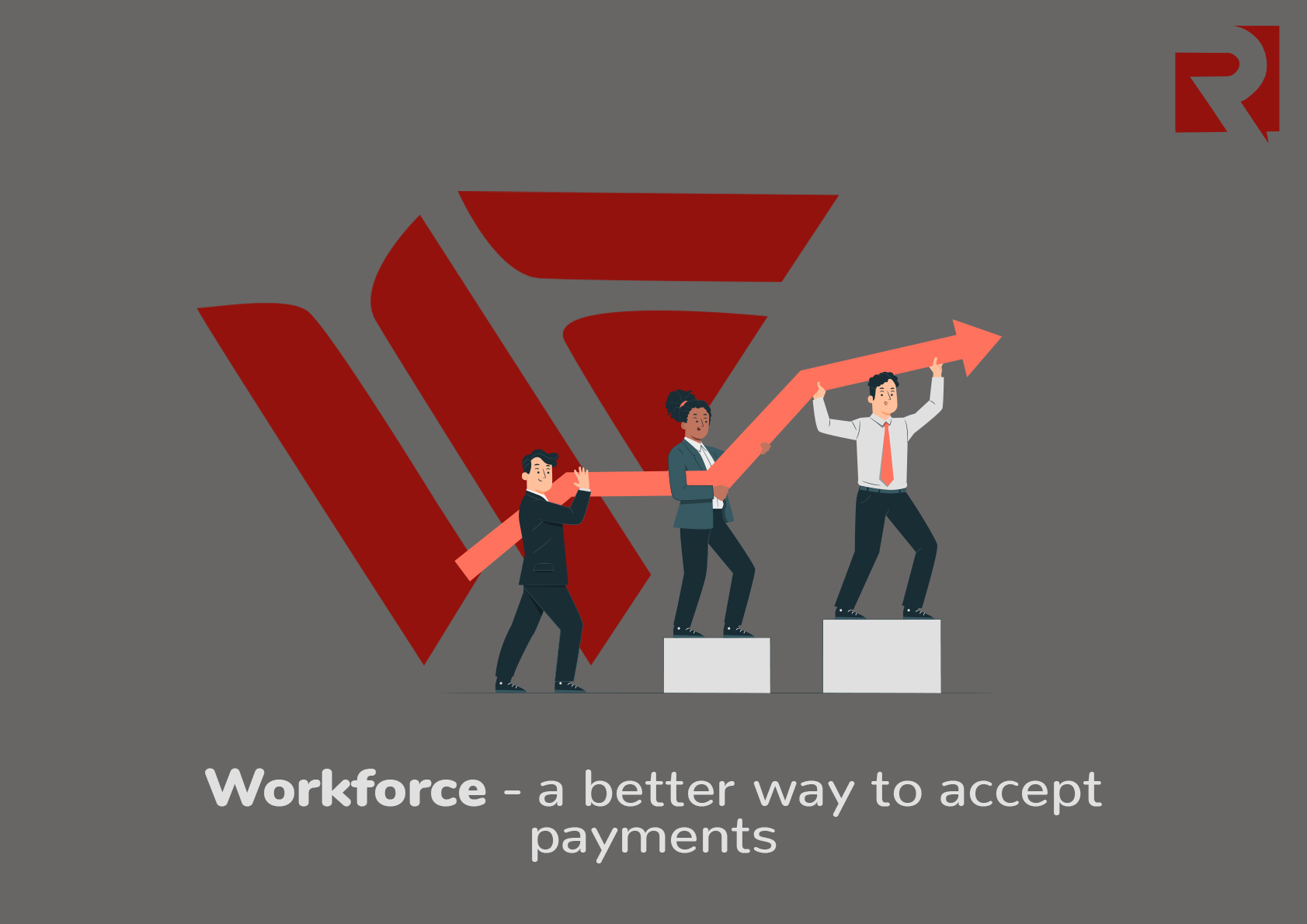For most small businesses, it is just standard for them to have a business plan. Some don't even write their business plan until a need for it arises after the business has kicked off. The point is, you cannot run a successful business without a plan. If you do not have one yet, you will eventually have to get it.
If you continue without it, progress will be 10 times harder for your business. Hold up! That is not a curse. It is the reality of a lack of definition for your business, its operations, and its goals. It becomes much more troublesome as your workforce grows.
However, another important roadmap that is seldom talked about is a Business Continuity Plan. And yes, it's very different from a business plan. It might draw from the business plan, but it is not part of the business plan. It is a plan of its own.
A business Continuity plan, otherwise known as BCP, is a system set up to ensure prevention, response, and recovery in case of disasters. The BPC ensures that risks and disasters that can be avoided are avoided in time. And that the ones that cannot be avoided are well prepared for.
It is about having foresight. In the course of running a business, there will be situations that will threaten operations, revenue, and continuance. Fire incidents, Natural disasters, cyber-attacks can cripple a business when there is no backup.
However, a BCP is more than a backup. It is a system that ensures that operations can continue and swiftly return to normal in the event of a disaster. It also ensures losses are minimised, and the customer base is protected. Insurance only covers damage cost, it does not prevent initial or further damage. There is also no cover for the client base and the company's reputation. Insurance can be part of a BCP, but it is not an alternative to it.
Nigeria is not prone to natural disasters, but the fire service is also not likely to respond when you call. Regardless of the location and size of the business, a BCP is necessary. No company is immune to attacks nor any region of potential disasters - natural and non-natural.
Elements of a Business Continuity Plan
Three keywords define the purpose of a Business continuity plan - Prevention, Response and Recovery. These keywords are the stages of the relevance of a Business plan. As such, a business plan is to have strategies for each stage. A business continuity plan consists of three major division
- Prevention strategies
- Response strategies
- Recovery strategies
Often, these strategies overlap and can be relevant all through each stage. But each stage must be correctly defined so that everyone involved knows what role to play at what time. A good way to ensure this is to have drills for staff members to familiarise themselves with their roles and responses.
Developing a Business Continuity Plan
The process of developing a Business continuity plan is continuous. As technology advances and the business grows, new threats emerge, and better methods of addressing threats and disasters emerge too. However, the steps involved in the development and subsequent reviews remain the same. They include:
Setting up a team: this team will not only work on developing the BCP. But also conduct a review from time to time. They will organise training and drills, and implement strategies when the need arises.
Identifying and analysing potential risks: this is known as Business Impact Analysis (BIA). At this stage, your team researches all operational, financial, and physical hazards to your company. It has to be thorough, leaving nothing out.
Set up policies and structures: these policies and structures have to take into consideration the uniqueness of the business and its location. They must be realistic, preventive, and relevant.
Channelling Resources: channel needed human and material resources into preventing and preparing.
Implementation and tests: preventive measures should be implemented immediately and upgraded periodically. Also, tests should be conducted regularly to ascertain the effectiveness and relevance of the policies and structures in place.
The business continuity plan is best developed when the business kicks off. If you don't have a business plan yet, then do that first. You can hire a consultant to help with developing a Business continuity plan. But you have to work closely with this consultant because it is about what you want to build, and no one will understand it like you. Another option is to work with a team in-house to map out a Business continuity plan. Don't just give it a thought, do it.



